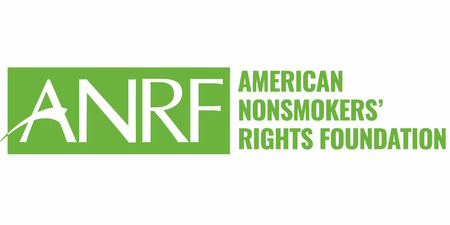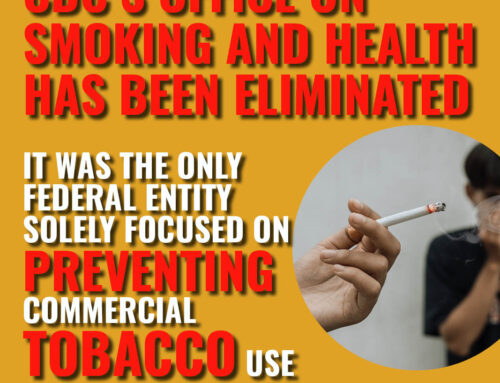At the start of the new year, there’s much to celebrate—including more birthdays! According to data released by our partners at the American Cancer Society, U.S. cancer rates have hit a 25-year low. It’s not a coincidence that the U.S. adult smoking rate also hit an all-time low of 14%, according to November 2018 data from the Centers for Disease Control. Yet, gaps in cancer death rates persist, as does exposure to secondhand smoke. An emphasis on prevention has been essential to improving public health, and that includes smokefree policies that immediately lower risk factors for stroke, cardiac damage, and a long-term reduction in chronic diseases like cancer.
Commitment to closing the gaps in smokefree protections is our top resolution in 2019. We believe that breathing smokefree air shouldn’t depend on your zip code, industry, educational level, or race. Right now, there are sharp disparities among those who remain exposed to secondhand smoke and are at greater risk of suffering negative health consequences. People working in the hospitality industry are much more likely to be exposed to secondhand smoke, and as a result, they have a higher incidence of heart disease and lung cancer. Likewise, 7 out of 10 African-American children are exposed to secondhand smoke in their homes, compared to 2 out of every 5 of their peers. Smokefree policies for workplaces and multi-unit housing that protect EVERYONE are the best way to ensure health equity across the board.






